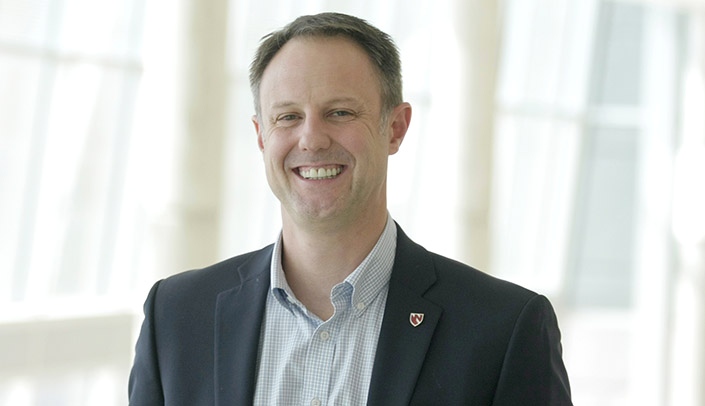UNMC and its technology transfer and commercialization arm, UNeMed, are now one of 153 listed worldwide organizations that are sharing research and resources to fight tropical diseases in developing nations.
The World Intellectual Property Organization and BIO Ventures for Global Health partnered in 2011 to create the WIPO Re:Search consortium.
The consortium’s stated mission is: “Accelerate the discovery and development of technologies for neglected tropical diseases, malaria and tuberculosis by sharing intellectual property with the global health research community, catalyzing and fostering global health collaborations, and contributing to capacity-building in developing countries.”
Among the noteworthy member institutions are Emory University, the Pasteur Institute, the Massachusetts Institute of Technology, the National Institutes of Health, Stanford University, the U.S. Patent and Trademark Office and dozens of other major American universities.
“University researchers like Jonathan Vennerstrom, PhD, and his team create new knowledge and deeper understanding of complex diseases like this all the time,” UNeMed president and CEO Michael Dixon, PhD, said. “This consortium is just another example of how committed the University is to putting that knowledge to work, and getting these life-saving treatments into the hands of the people who need it most.”
Dr. Vennerstrom, a medicinal chemist in the UNMC College of Pharmacy, already has made significant contributions to the global fight against malaria. Through his work with Medicines for Malaria Venture, he and his team created a new malaria drug that was approved for use in India in 2012 and has shown potential as a one-dose cure for malaria. That work was recognized with the prestigious 2019 American Chemical Society Award for Creative Invention. In addition, a panel of world health experts selected it in 2015 as one of 30 high-impact innovations that can save lives and transform global health within 15 years.
The WIPO Re:Search consortium will give UNMC researchers access to resources that go beyond combined knowledge and discovery. It also includes access to potential industrial partners such as GlaxoSmithKline, Johnson & Johnson, Merck, Novartis and Pfizer.
The consortium provides for new opportunities, said Jennifer Larsen, MD, vice chancellor for research at UNMC. “We are excited to be part of this group as it provides new strategies and options for funding for our faculty’s work on therapeutics for diseases that have a significant global impact but are often off the radar for many pharmaceutical companies,” she said.
